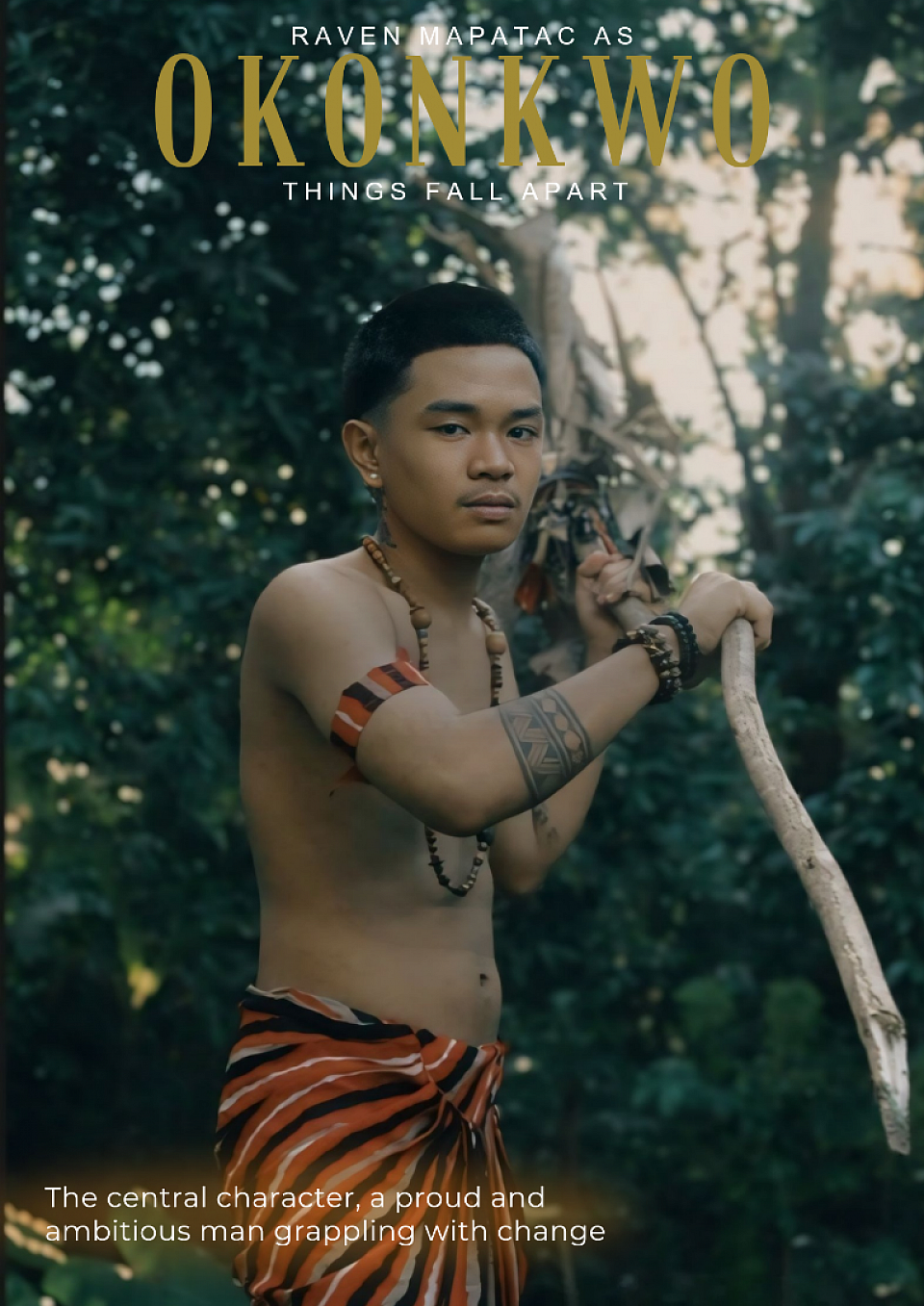Okonkwo and Unoka

Okonkwo, the protagonist of Chinua Achebe's Things Fall Apart, is a complex character whose traits embody the tension between tradition and change. He is a proud and ambitious man, driven by the desire to distance himself from the perceived weakness of his father, Unoka. Okonkwo's obsession with strength and masculinity defines his identity, making him a celebrated warrior and leader in his Igbo village of Umuofia. However, his rigid adherence to traditional ideals of masculinity often blinds him to the changing dynamics around him. This rigidity leads to conflict, as he struggles to adapt to the introduction of colonial rule and Christianity, which destabilize the societal norms he holds sacred. His tragic flaw, or hamartia, is his fear of failure and weakness, which manifests in impulsive actions, such as the killing of Ikemefuna and, ultimately, his own suicide. Okonkwo's character serves as a poignant exploration of the dangers of inflexibility and the impact of cultural disruption, symbolizing the broader clash between indigenous traditions and colonial forces. Through his story, Achebe examines themes of identity, pride, and the inevitability of change, positioning Okonkwo as both a tragic hero and a symbol of resistance.

Unoka, Okonkwo's father. Serves as a foil to his son and plays a crucial role in shaping Okonkwo's character and motivations. Unoka is depicted as a gentle and carefree man who loves music, storytelling, and celebration. However, he is also characterized by his irresponsibility and lack of ambition. He accumulates significant debts and fails to provide for his family, earning the disdain of his community, which values hard work and prosperity. For Okonkwo, Unoka represents failure and weakness, traits he vows to reject in his own life. This fear of emulating his father drives Okonkwo's relentless pursuit of success, strength, and respect, though it also leads to his obsession with masculinity and his harshness toward others, including his own family. Unoka's contrasting values highlight the tension between traditional cultural expectations and individual personality traits, making him a subtle but essential figure in Achebe's exploration of identity and societal values. Unoka’s love for music and storytelling also symbolizes the richness of Igbo culture, even as his personal shortcomings illustrate the complexity of human imperfection.
